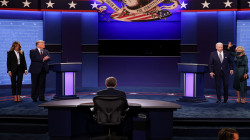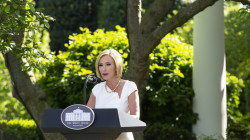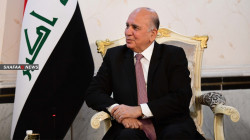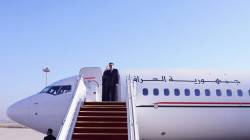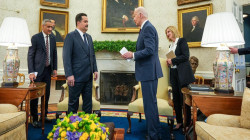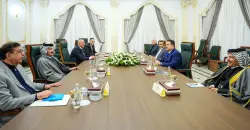US seeks to impose Jordan as trade partner for Iraq
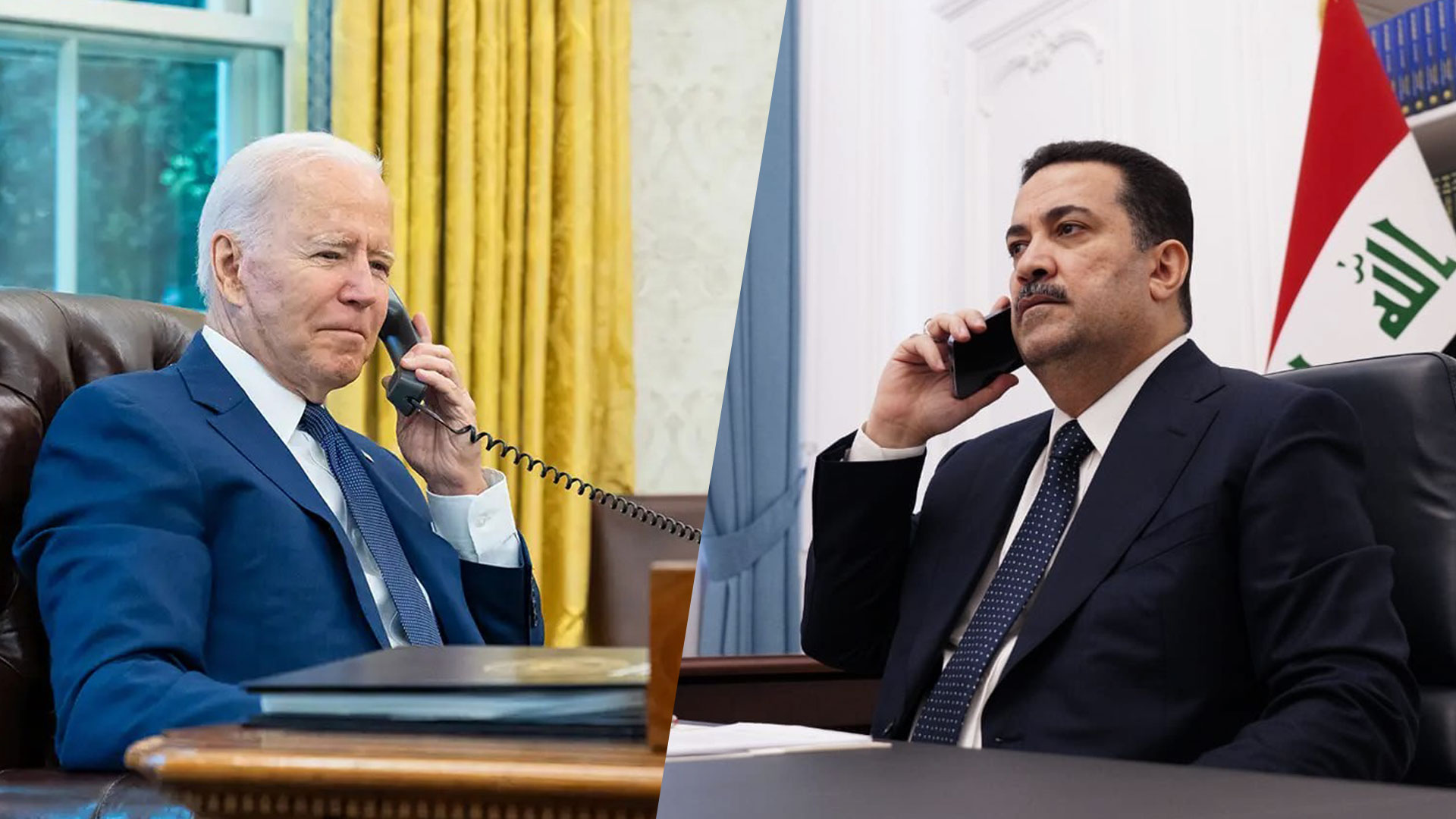
Shafaq News/ US President Joe Biden took the initiative to invite Jordan’s King Abdullah II to join a call with Iraqi Prime Minister Muhammad Shia al-Sudani, in a move observers said was intended to impose Jordan as a trade partner for Iraq.
Washington is clearly hoping to help Jordan ease its economic crisis, whether through direct US aid or by urging regional partners to help, as is the case with Iraq, which could provide the Kingdom with fuel.
Jordan remains at peace with Israel and is a primary interlocutor with the Palestinians. Ongoing instability in neighbouring Syria and Iraq magnifies Jordan’s strategic importance to the United States.
Jordan also is a longtime US partner in global counterterrorism operations. The Biden Administration has acknowledged Jordan’s role as a central US partner in promoting Israeli-Palestinian peace, as many US policymakers advocate for continued robust US assistance to the kingdom. Jordan also hosts nearly 3,000 US troops.
Observers believe that boosting relations with Iraq is the last resort for Jordan, especially after Gulf states ended their aid for Jordan and hopes for rescue by the International Monetary Fund (IMF) grew distant. This comes as an economic crisis is intensifying in Jordan, with a threat of an Arab Spring-like wave of protests looming inside the Hashemite Kingdom.
It is quite improbable that Sudani will reject Washington’s request to provide urgent aid to Jordan, boost trade with Kingdom, and implement what was previously agreed upon, especially the extension of the Iraqi oil pipeline to Jordan, known as the Basra-Aqaba pipeline, which has been opposed by Iran-backed forces in Iraq.
The US could exert pressure on Iraq and use the issue of financial transfers and the price of the dinar a bargaining chip. Energy is one of Jordan’s biggest concerns due to the high cost of imports and its impact on the trade deficit and the high prices of commodities in the local market.
Jordan and Iraq agreed last March to continue working on a memorandum of understanding signed between the two sides to import Kirkuk crude oil at a rate of 10,000 barrels per day, to be transported to the Jordanian oil refinery in Zarqa (east of the country).
Last December, Jordan was hit by unrest in several cities inside the country to protest against the government’s decision to increase the prices of fuel and basic goods.
In his meeting at the White House with Jordanian King Abdullah II, Biden on Thursday “reaffirmed the close, enduring nature of the friendship between the United States and Jordan,” the White House said.
He underlined his support for the legal “status quo” of Jerusalem’s Al-Aqsa mosque compound.
Biden, the king and Crown Prince Hussein had a private lunch, the White House said. The two leaders then both spoke with Iraq’s prime minister by phone.
Referring to growing tensions around the Al-Aqsa mosque — located on a site venerated both by Muslims and Jews inside Israeli-annexed east Jerusalem — Biden reaffirmed “the critical need to preserve the historic status quo.”
Biden also recognised Jordan’s “crucial role as the custodian of Muslim holy places in Jerusalem,” the White House said in a statement.
On the Israeli-Palestinian conflict, Biden reiterated the US position of “strong support for a two-state solution,” also thanking King Abdullah “for his close partnership and the role he and Jordan play as a force for stability in the Middle East.”
While with the king, Biden spoke by phone with the Iraqi premier “to reaffirm US commitment to Iraq,” the White House said.
Biden hailed Sudani’s “efforts to strengthen Iraq’s sovereignty and independence,” the statement said, adding Biden expressed support for the country’s “economic agenda and plans to ensure that Iraq’s economy is delivering for the Iraqi people.”
Biden and Sudani stressed their commitment to keeping the Islamic State extremist group from being able to “threaten the Iraqi people or regional and international security.”
King Abdullah, who was invited to join the call, “stressed Jordan’s support for Iraq, including through joint strategic infrastructure projects,” the White House said.
Al-Aqsa mosque is the third-holiest place in Islam and the most sacred site to Jews, who refer to the compound as the Temple Mount.
Under a longstanding status quo, non-Muslims can visit the site at specific times but are not allowed to pray there.
In recent years, a growing number of Jews, most of them Israeli nationalists, have covertly prayed at the compound, angering Palestinians. In January, the national security minister in Israel’s new far-right government made his own visit to the site, sparking a torrent of international condemnation.
(Arab Weekly)
